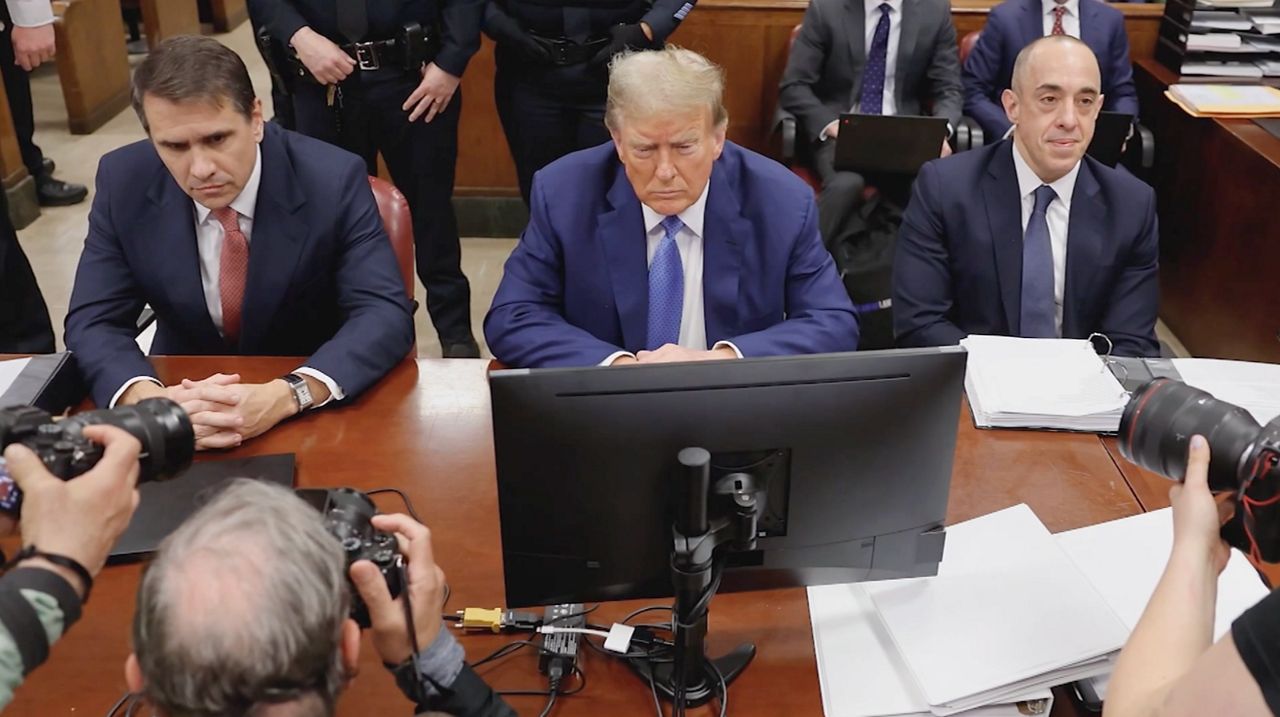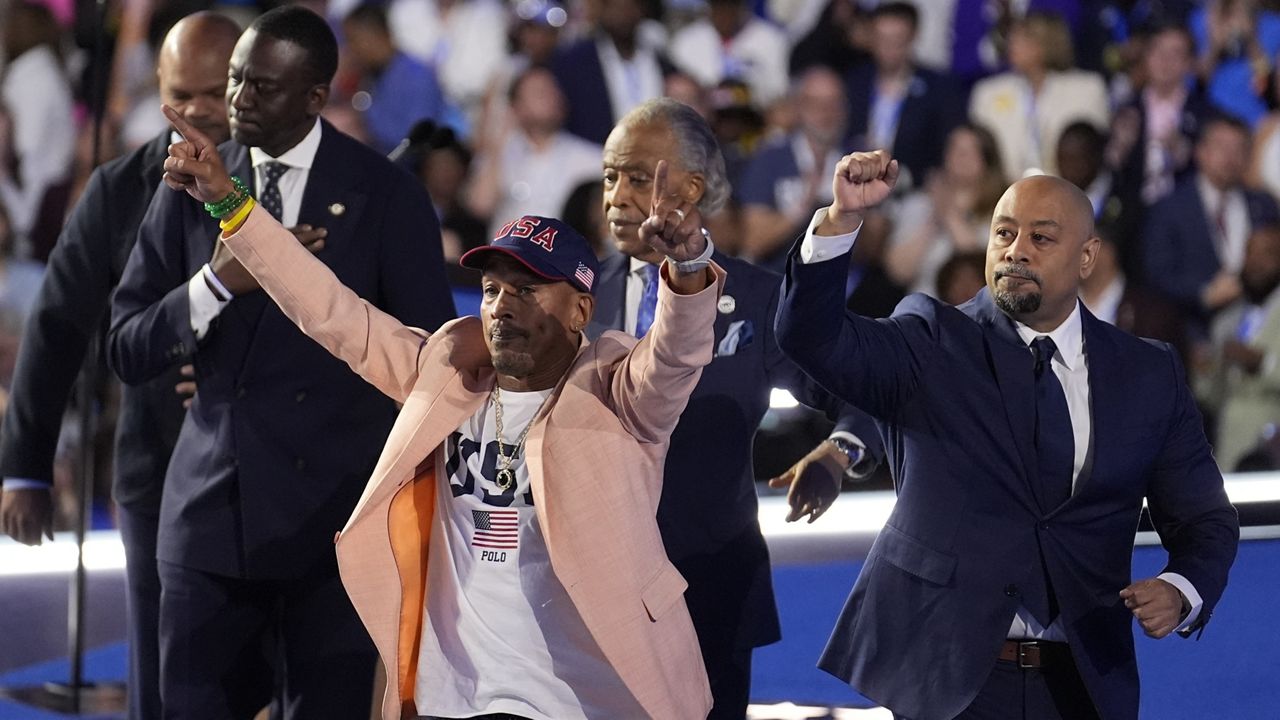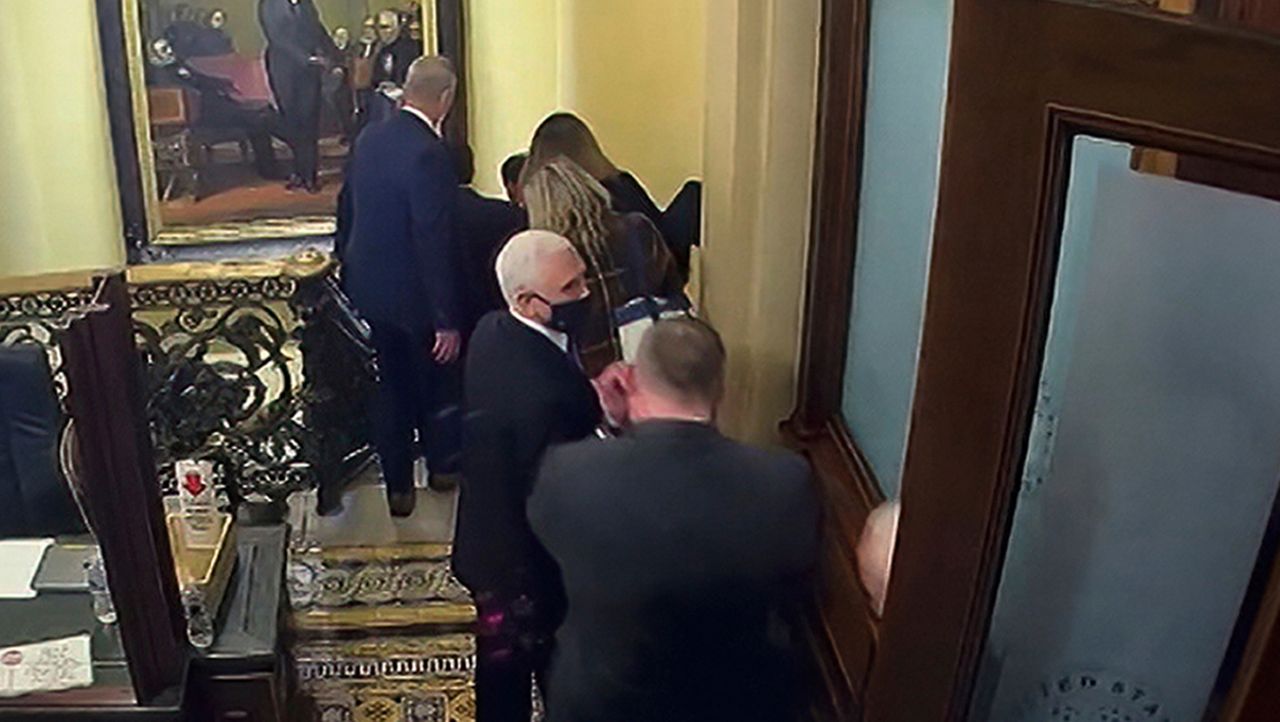A federal judge on Monday dismissed the classified documents case against Donald Trump, ruling that Justice Department special counsel Jack Smith's appointment was unconstitutional.
The decision by U.S. District Judge Aileen Cannon, who was nominated to the bench by Trump, is a massive victory for the former president, who faced dozens of felony charges accusing him of mishandling classified documents after leaving office and hampering the federal government's efforts to retrieve them. Trump pleaded not guilty last year and has denied any wrongdoing.
Trump's lawyers have repeatedly filed longshot motions to try and get the case tossed, many of which were rejected. Other courts rejected similar efforts to the one Cannon accepted on Monday.
"The Framers gave Congress a pivotal role in the appointment of principal and inferior officers," Cannon wrote in her ruling. "That role cannot be usurped by the Executive Branch or diffused elsewhere — whether in this case or in another case, whether in times of heightened national need or not."
"Upon careful study of the foundational challenges raised in the Motion, the Court is convinced that Special Counsel's Smith's prosecution of this action breaches two structural cornerstones of our constitutional scheme--the role of Congress in the appointment of constitutional officers, and the role of Congress in authorizing expenditures by law," she added.
Cannon faced widespread scrutiny for delays in bringing the case against Trump. The case was set to go to trial in May, but it was indefinitely delayed as she reviewed motion after motion put forth by Trump's attorneys.
"Both the Appointments and Appropriations challenges as framed in the Motion raise the following threshold question: is there a statute in the United States Code that authorizes the appointment of Special Counsel Smith to conduct this prosecution?" Cannon wrote. "After careful study of this seminal issue, the answer is no."
"In the end, it seems the Executive’s growing comfort in appointing ‘regulatory’ special counsels in the more recent era has followed an ad hoc pattern with little judicial scrutiny," she added.
It's unclear what happens next. The Justice Department is almost certain to appeal the decision to a higher court. Smith's team has not commented on the ruling.
In a post on his Truth Social platform, Trump said the " dismissal of the Lawless Indictment in Florida should be just the first step" in moving to dismiss all the cases against hi, which he baselessly called "Witch Hunts."
"The Democrat Justice Department coordinated ALL of these Political Attacks, which are an Election Interference conspiracy against Joe Biden’s Political Opponent, ME," Trump charged. "Let us come together to END all Weaponization of our Justice System, and Make America Great Again!"
The case was one of two that Smith brought against Trump. The other, a four-count indictment accusing him of working to subvert the 2020 presidential election, was supposed to go to trial in March, but has similarly been mired in delays, with Trump claiming absolute immunity from criminal prosecution as president. The Supreme Court handed him at least a partial victory earlier this month, ruling that presidents are shielded from charges for official acts as president, though unofficial acts are not covered. The case now gets handed back to a lower court to determine if the charges still fit the bill under the high court's ruling.
Trump was separately convicted in New York in May of 34 felony counts of business fraud over hush money payments to an adult film star. Another state case against Trump, one accusing him and several allies of taking part in a criminal conspiracy to subvert Georgia's election results, has been delayed as defendants try to remove the prosecutor in the case.
Jonathan Nash, a progessor of law at Emory University Shcool of Law, called Monday's ruling a "bombshell" with potentially widespread ramifications for this case, and possibly other prosecutions, against the former president.
"The question is whether the special counsel will try to appeal the decision out of Florida," Nash told Spectrum News, adding that with the case in Florida determining that Smith was not appointed lawfully and the D.C. case ruling otherwise, "it's quite possible that the Supreme Court could eventually hear this appeal ... about whether he's been appointed properly."
"The other possibility is that the Department of Justice goes back and tries to find a different special prosecutor who would not run afould of the Appointments Clause for the Florida case," Nash continued. "That would take time, of course, and we've all been talkinga bout how these cases are taking longer or shorter than what we expect. So that's another possibility, but that would take time."
Another expert, Jessica Levinson, a professor of constititional law at Loyola Marymount University, called the ruling "extraordinary."
"I think we really need to figure out if Judge Cannon is an island unto herself or if other judges ultimately agree" with her decision, Levinson said. "If other judges agree, then ... it calls into question Jack Smith's ability to move forward" with other cases against Trump.
The top Democrat in the U.S. Senate called the ruling "wrong on the law and must be appealed immediately," but the Republican Speaker of the House called it "good news for America and for the rule of law."
"This is further evidence that Judge Cannon cannot handle this case impartially and must be reassigned," charged Senate Majority Leader Chuck Schumer, D-N.Y.
But House Speaker Mike Johnson tied the decision into attemps to "unify the country" following Trump's assassination attempt on Saturday, saying in a statement that "we must also work to end the lawfare and political witch hunts that have unfairly targeted President Trump and destroyed the American people's faith in our system of justice."
Spectrum News' Cassie Semyon contributed to this report.








